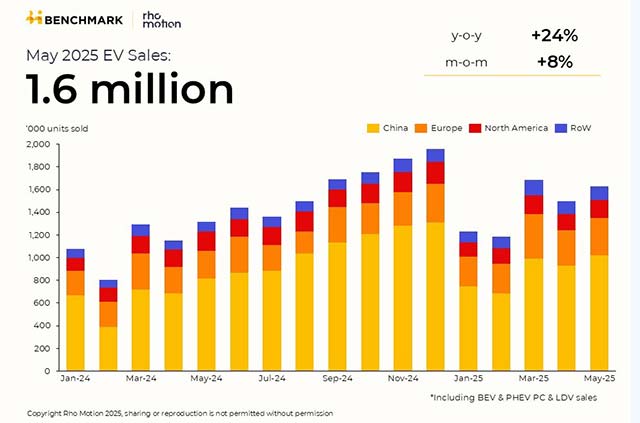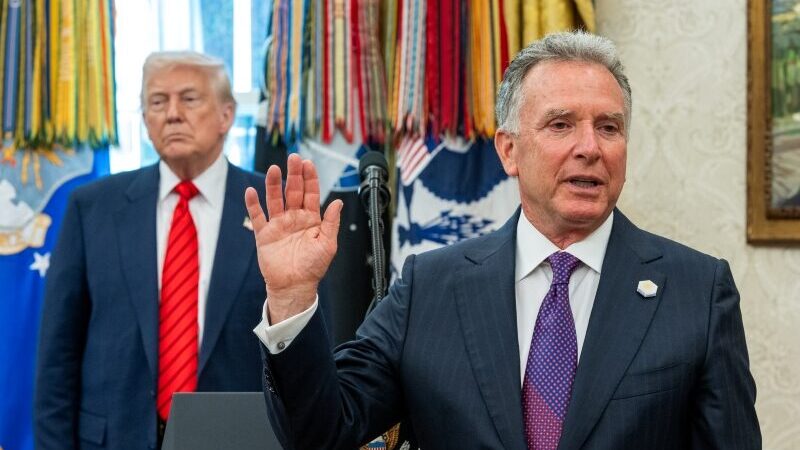Caremark’s Politics
How and why do corporate rules evolve? Delaware is the unquestioned jurisdiction of choice for most publicly traded US corporations. And since the decision of where to incorporate belongs to corporate insiders, one might attribute Delaware’s market dominance to a corporate law that caters to their needs. According to this view, Delaware corporate law habitually […]

Itai Fiegenbaum is an Assistant Professor of Law at St. Thomas University College of Law. This post is based on his recent article forthcoming in Cardozo Law Review, and is part of the Delaware law series; links to other posts in the series are available here.
How and why do corporate rules evolve? Delaware is the unquestioned jurisdiction of choice for most publicly traded US corporations. And since the decision of where to incorporate belongs to corporate insiders, one might attribute Delaware’s market dominance to a corporate law that caters to their needs. According to this view, Delaware corporate law habitually relaxes the restraints that hamper insider expropriation of gains that would otherwise be distributed to outside investors. Conversely, because insiders anticipate the need to tap the capital markets for future funding, Delaware’s supremacy might be due to the lower cost of capital enjoyed by Delaware-incorporated companies. Subscribers of this view highlight Delaware’s robust legal constraints that deter self-dealing and other harmful actions by powerful insiders.
These two views, commonly known as the “race to the bottom” and the “race to the top,” share a point of commonality regarding Delaware’s apprehension of being displaced by a competing state as the trigger for corporate law evolution. In practice, no other state comes close to Delaware’s market share of publicly traded corporations. If not the fear of competition from other jurisdictions, what external forces influence the trajectory of Delaware corporate law? Professor Mark Roe provided a compelling answer to this question: State corporate law is not the only game in town. If displeased with the level of investor protection provided at the state level, Congress will enact corrective federal legislation. Congressional intervention, however, only occurs for issues that reach national prominence. Delaware’s concern for the value of its corporate brand incentivizes it to nip public debate about those issues in the bud. In practical terms, the Delaware courts – as arbiters of Delaware law – will appear to be sufficiently vigilant in protecting outside investors lest Congress assume that task.














































































































































